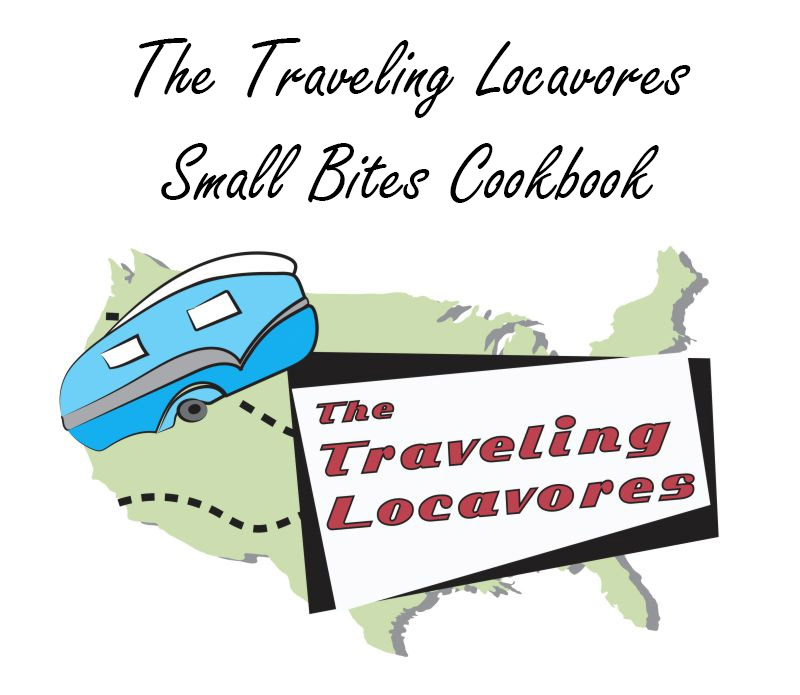Continuing our quest to have visited all 50 states, we headed to Medora North Dakota for a few days. Why did we choose the little town of Medora? It’s home to Theodore Roosevelt National Park ND!

A dirty trip passed Sturgis Mountain
By the time we got to Medora, North Dakota, we were exhausted. The long drive from Keystone SD took us within view of Sturgis, which is a very popular bikers’ town. We passed some beautiful vistas along the way, but we were on a dirt road for miles and miles.

Our first glimpse of Theodore Roosevelt National Park ND was from the highway.
It wasn’t until we stopped for fuel that we noticed that the undercarriage of Ladybug and our Jeep were packed with that dirt. Steve tried kicking some of it off of our RV entry steps, but it was no easy task. He knew he’d have several hours worth of work to get all of that caked on mud off our vehicles. Visiting Theodore Roosevelt National Park ND would have to wait for one more day!

The Badlands of Theodore Roosevelt National Park ND
After giving the RV and Jeep a thorough cleaning, which took hours, we finally settled in, had dinner and slept like we’d been up for days.
Theodore Roosevelt National Park ND

Lunchtime!
The next day we awoke to bright sunshine and a perfect day for our scenic drive through the South Unit of the park.

Wonder if the bison is thinking “what a great place to live!”?
Medora is a teeny tiny town that looked as though time had stopped in the late 1800s. We enjoyed a hearty breakfast at a cute little restaurant and then headed to the park entrance.

The gorgeous vistas of this national park
Once inside the park we encountered one of the most incredible drives we had been on so far. We were on our usual hunt to view wildlife and were rewarded with several bison sightings along our route. Our total driving time around the look took about an hour and a half to two hours. We stopped to take photos of the bison and the spectacular geological features. It is important to note that you need to drive very slowly so as not to run over the numerous prairie dogs that make their home there. Each time we saw one, it scurried into its hole so fast that we couldn’t even get one shot.
Why is Theodore Roosevelt National Park so unique?

Beauty everywhere, a dead tree next to pink flowers.
Have you ever seen rock formations that look like mushrooms? I have no idea why they are shaped like that or how they were formed, but there are “toad stools” everywhere! It’s what made this landscape so unique for us. However that’s not all that makes this park unique. It is also the only national park named in memory of an extraordinary man, Theodore Roosevelt. He was the American President who did more for the National Park System than any other before him or after him.
Honoring President Roosevelt

Those are not toadstools, they’re rock formations!
When President Roosevelt died in 1919, the powers that be sought to honor him by establishing a park in his name. At first, the Little Missouri Badlands were thought to be possible park sites. Civilian Conservation Corps camps were established in in both of the future sites from 1934 to 1941. Roads were developed along with other structures that are in use to this day. In 1935 the area was designated as the Roosevelt Recreation Demonstration Area. It was later transferred to the US Fish and Wildlife Service in 1946 and renamed the Theodore Roosevelt National Wildlife Refuge.

Rugged terrain create incredible vistas
A 5 year campaign by North Dakota representative William Lemke led President Truman to establish the South Unit, the one we visited, as the Theodore Roosevelt National Memorial Park on April 25, 1947. It is the only National Memorial Park ever established! A little over a year later, the North Unit was added by act of Congress.

Another bison sighting!
Many years after that, in 1978, there was another boundary adjustment and 29,920 acres were named as the Theodore Roosevelt Wilderness. At that point the park’s designation changed and the park was given the name we now know it by – Theodore Roosevelt National Park.

More of those really cool “toadstools”
The park now encompasses over 70,000 acres of stunning, breathtaking badlands, diverse wildlife and colorful canyons. The park also boasts incredibly dark night skies offering the best viewing of the night sky!

A closer look at those awesome rock formations.
And speaking of wildlife…there’s lots of it. Though we only saw a few of the 30,000 bison and some elusive prairie dogs on the day we went, there are also wild horses, elk, white tail and mule deer, pronghorn and other small grazing creatures who call the park home. There are also several varieties of snakes and lizards that enjoy the semi-arid climate of western North Dakota.
Why this location?
The answer is simple. Our 26th President spent many of his formative years in what is now the national park. He came to Dakota Territory to hunt bison in 1883. He was a young, skinny young man from New York. There was no way that he could have dreamt that his adventure in this remote place would change the course of the nation forever. It was the rough and tumble landscape and strenuous life that he experienced that helped shape a conservation policy. To this day we still benefit from that conservation policy!

The last of the bison that we saw in Theodore Roosevelt National Park
Theodore Roosevelt was a very forward thinking man. It was a privilege for us to be able to tour the land that he fell in love with. This was the perfect place to honor him.










Trackbacks/Pingbacks